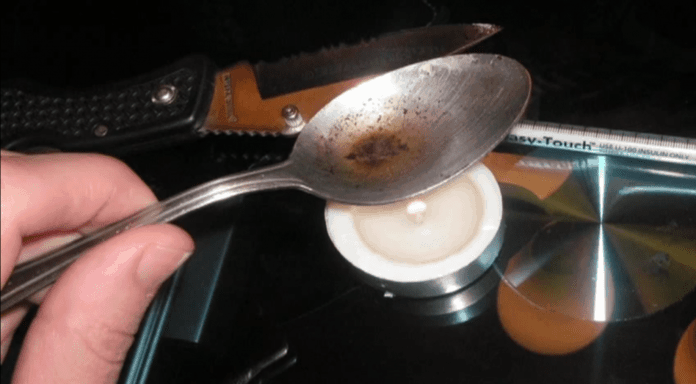
MANCHESTER – Police reported there have been 16 people who have come in looking for help with their addiction since the Heroin Addiction Response Program started last month.
The HARP program allows users to turn themselves in, and hand over any drugs they have, without any threat of charges or jail. Instead, they are brought to a treatment center for addiction.
Manchester began the program on January 11, Capt. Todd Malland said. They had 3 people come in the first week, 2 the second, 5 the third, and 6 the fourth. The most recent records were for February 8.
HARP is a pilot program in New Jersey. For now, it is only available in Manchester and Brick. Brick’s mayor John Ducey recently announced that 30 people were helped during the first two weeks there.
The two departments partnered with Preferred Behavioral Health in Lakewood and Integrity House in Toms River. People seeking help can come to Manchester on Wednesdays and Brick on Thursdays. Anyone can come into the departments and request help with addiction to heroin or any other substance. They are screened by the officer there and then transported to the appropriate addiction care facility. Additionally, an officer who encounters a person outside the station can bring them in to be screened for the program if the person consents. People will be provided treatment regardless of insurance or ability to pay.
Officials said the need has never been greater. The Ocean County Prosecutor’s Office released the most recent statistics regarding the deaths due to overdoses and saves using the chemical naloxone, commonly known under the brand name Narcan.
The following figures were accurate as of the morning of February 15:
- 2012: 53 overdoses.
- 2013: 112 overdoses.
- 2014: 104 overdoses. The county began using Narcan in April, and had 129 reversals.
- 2015: 120 overdoses. 272 Narcan reversals.
- 2016: 205 overdoses. 502 Narcan reversals. This number has increased throughout the beginning of 2017 as toxicology reports have come in.
- 2017: 13 overdoses. 46 Narcan reversals. This amounts to 1 death every 3.5 days and 1 Narcan reversal per day for 2017. Toxicology reports might increase this figure.
Offering treatment instead of arrests is a different angle for police work, Malland said. Most people think of police as the people who are going to arrest you for doing something wrong. HARP is more about treating the disease, rather than arresting someone for the symptoms. The change appears to be working. One woman called the chief after bringing her daughter in and thanked the officers for their compassion and professionalism.
“Arresting people is not the answer,” he said.
The department also partnered with the school district for a program called #NotEvenOnce. Actual addicts from Manchester tell their stories from jail. The department will also begin training officers in other departments how to use this program. It shows students what they could happen if they go down the wrong path.
“This is not a kid in another town. This is right here. They were born and raised in Manchester,” he said. “They didn’t want to be addicts.”






